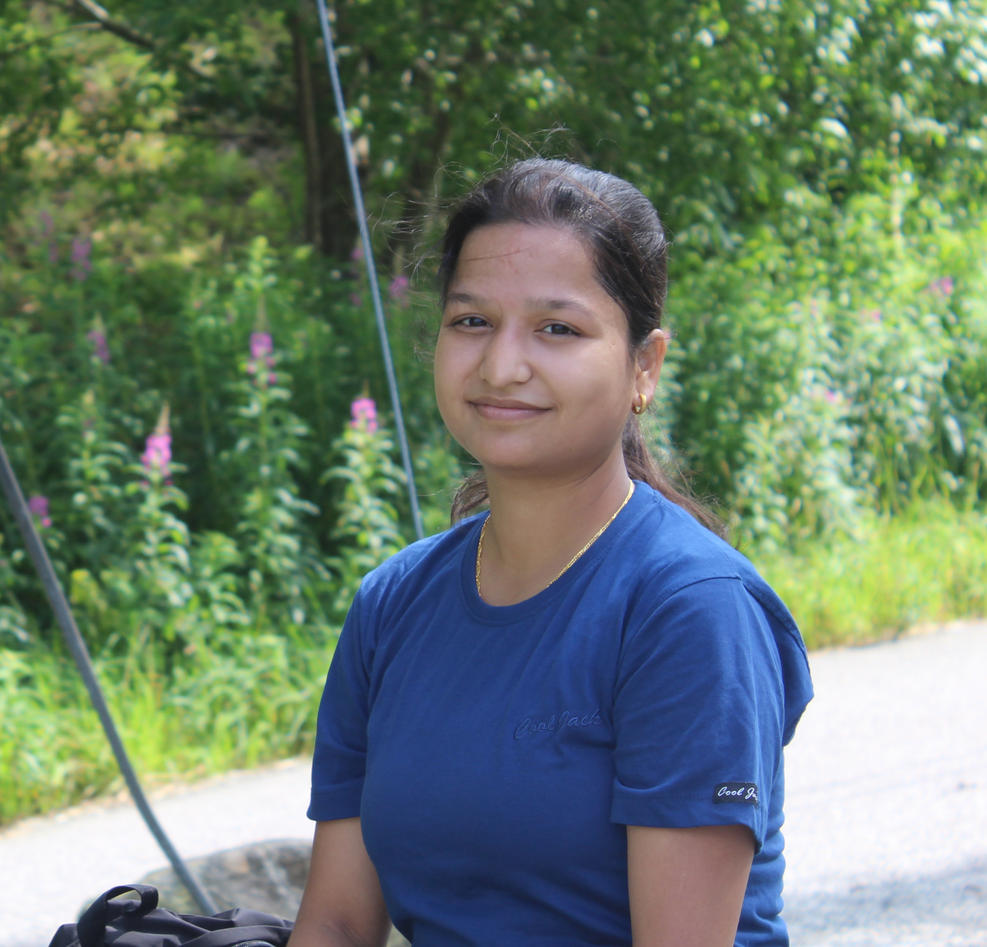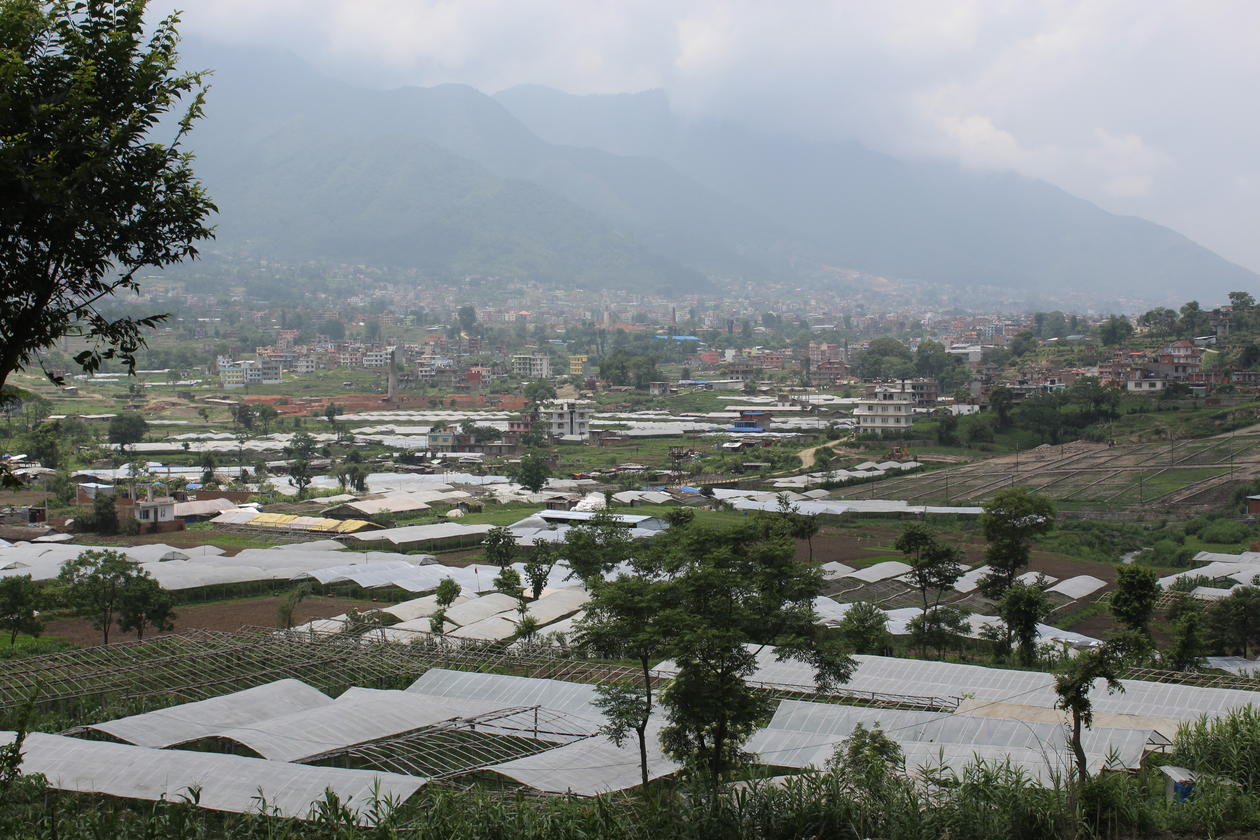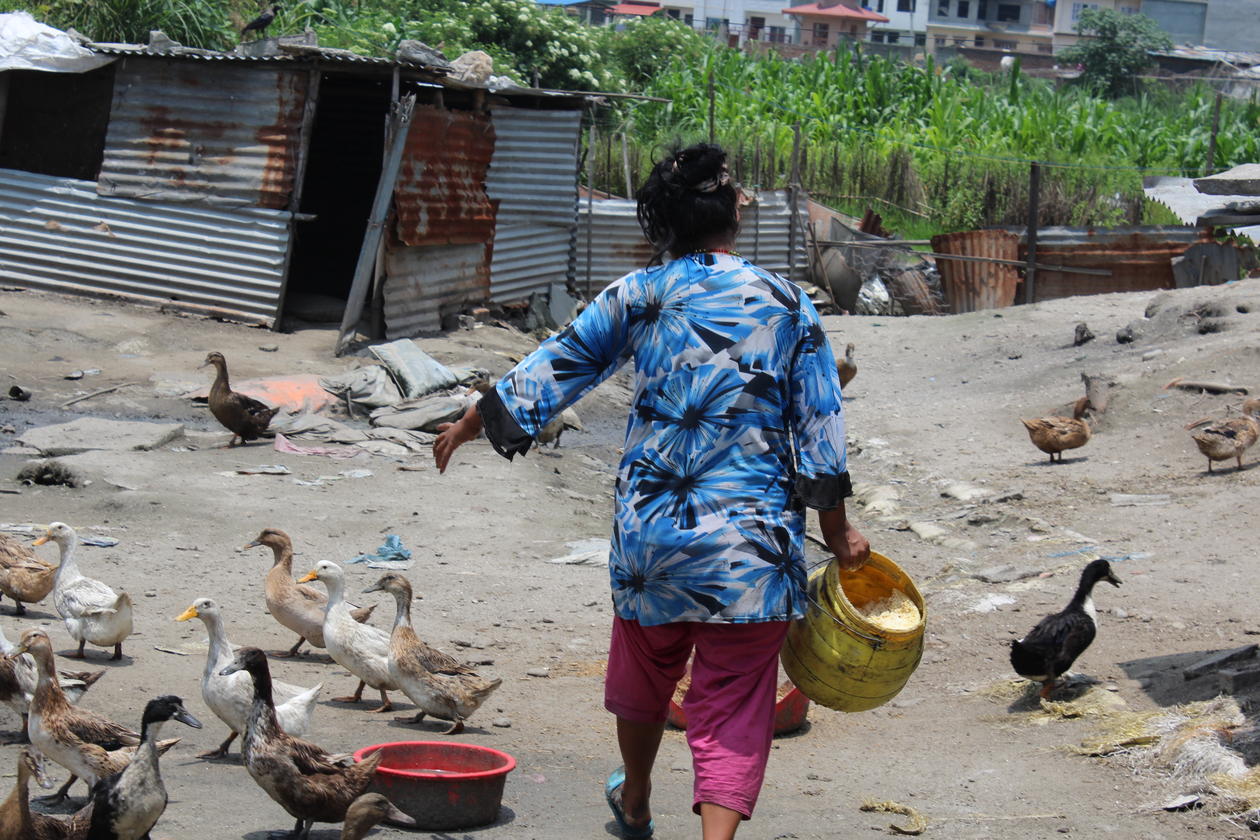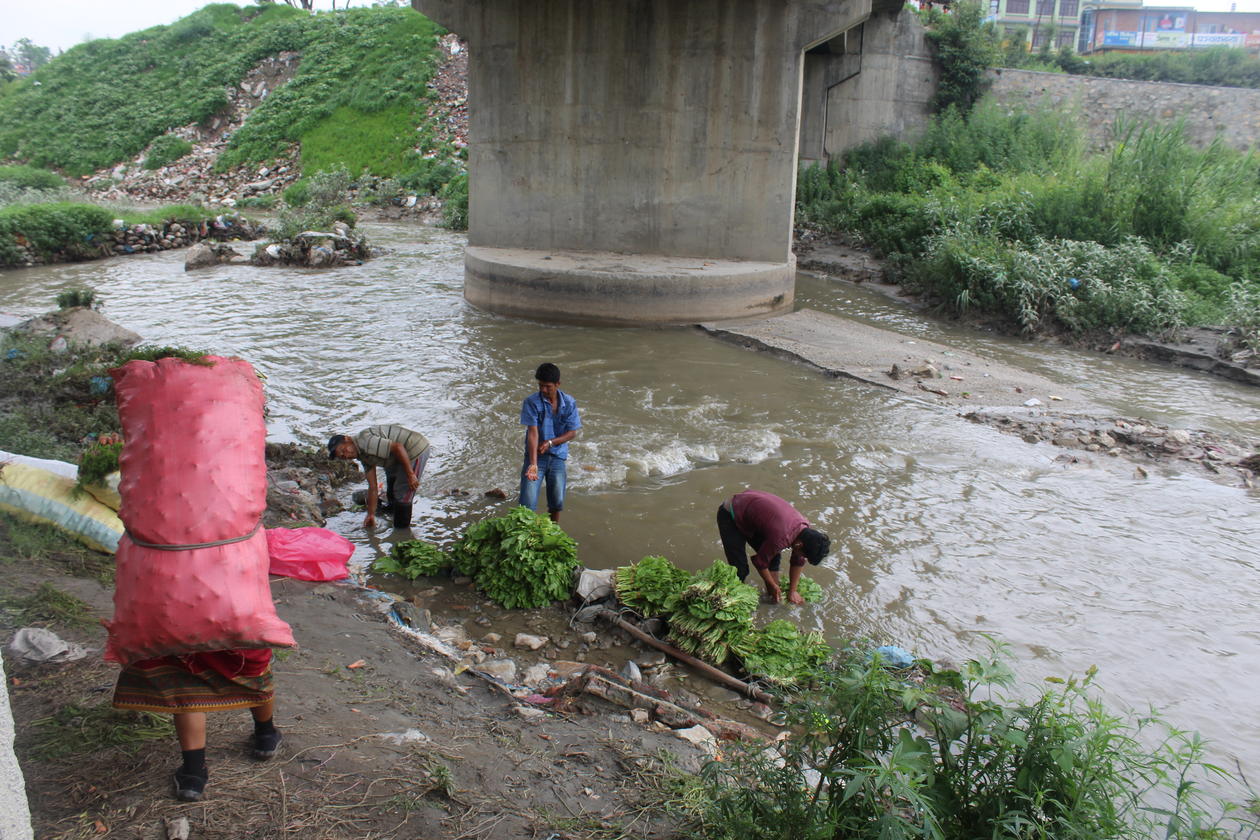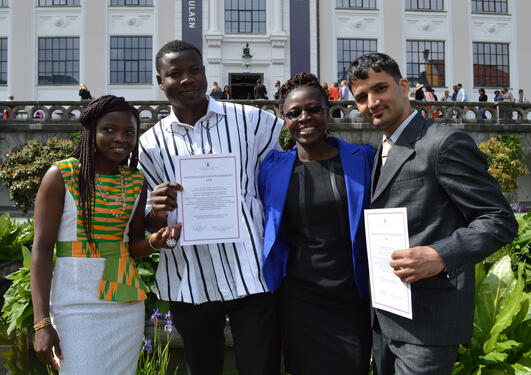Use of Waste and Wastewater in peri-urban Agriculture in Kathmandu Valley
In this study I analyse both risks and benefits of using waste and wastewater in peri-urban agriculture in Kathmandu Valley.

Main content
Use of wastewater, waste and excreta in urban and peri-urban farming has a long tradition in many countries of the world. Several farmers around cities area of developing countries depend on wastewater to irrigate the cities food, fodder, and green spaces for their livelihood. Increasing demand of fresh water due to rapid inflow of population and lack of reliable sources of irrigation are major drivers of wastewater irrigation in urban and peri-urban farming in developing countries. Other city byproducts such as organic solid waste and waste residuals have also been seen as significant input for the urban and peri-urban farming.
However, there are several issues and challenges regarding to the use of wastewater and other byproducts, which are interconnected to health and environmental risks and its mitigation measures. This is because perilously and unsafely use of improperly managed sewerage, untreated wastewater and wastes generated from the industries and household.
In such situations, present study aimed to document how farmer perceive health and environmental risk associated with waste and wastewater use in their farming practices. With the empirical exploration of evidences from the Kathmandu Valley, the capital city of Nepal, this study analyses both risks and benefits of using waste and waste water. Furthermore, this study also attempts to trace farmer’s knowledge and practices regarding to the risks mitigation measures while using waste and wastewater that make waste as resource not as a risk.
Fieldwork experiences
Using questionnaire survey, in-depth interviews and participant observations, I explored and gathered evidences for this study in two different sites of Kathmandu Valley. The time which I spent in those sites was most valuable and unforgettable.
Everyday interaction with peri-urban farmer created such a close attachment and memorable field events. Informal communications with farmer helped me to understand issues from the subject’s point of view and to uncover the meaning of their experiences. I also participated in farming activates that opened the door to realize the phenomena in natural setting through observing and participating.
Studying geography in Bergen
Getting opportunity to study in University of Bergen is one of my greatest fortunate. I indeed privileged from the high quality academic platform and plenty of learning resources. Unique teaching strategies including continuous evaluation and feedback system have greatly improved my level of knowledge and understanding.
For new coming student I want to say that, University of Bergen is incredibly the best academic institution that never let you go without achieving your goal. You will never be worried choosing this renowned learning platform.
